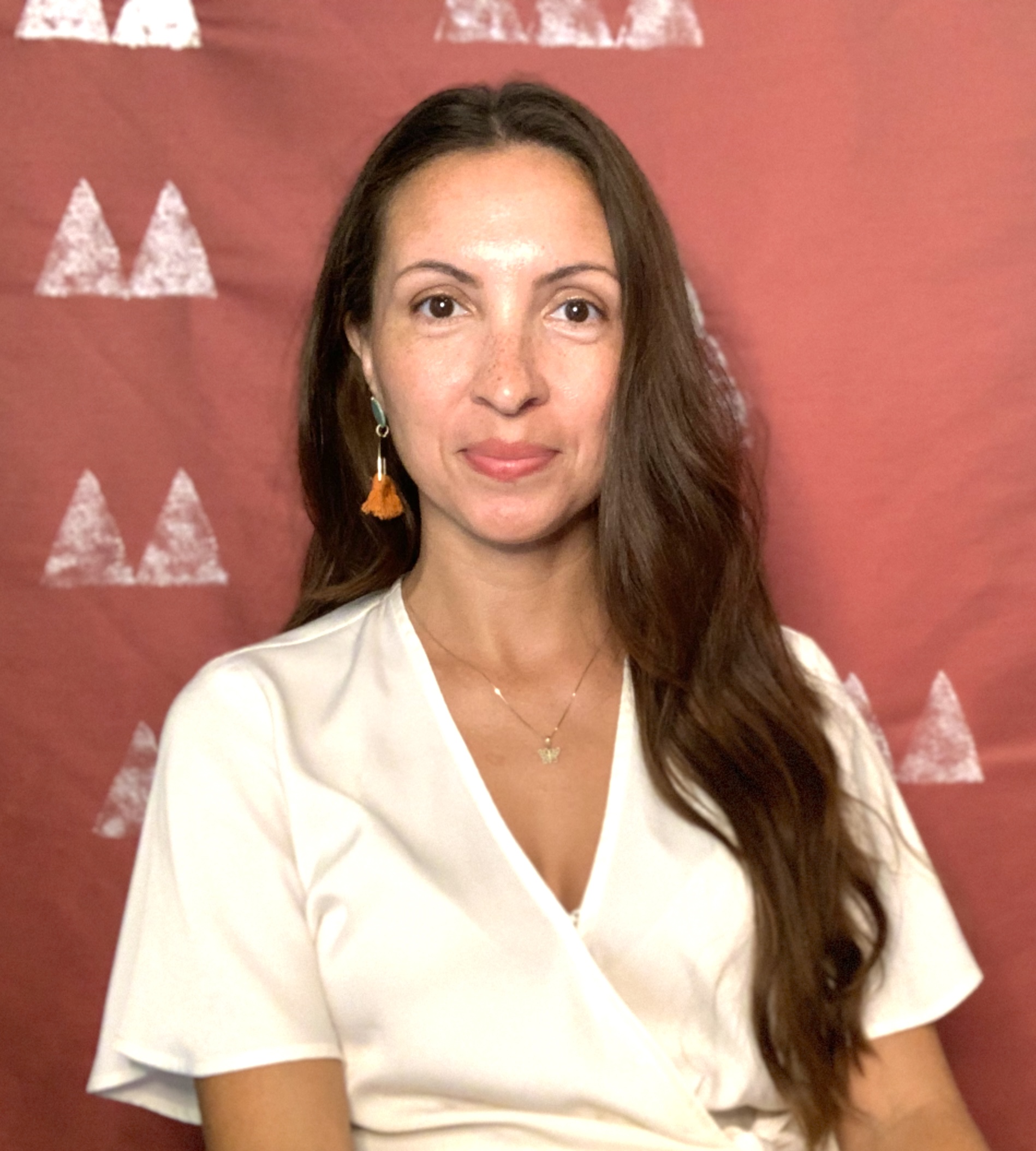
In my recent study of California college students with criminal records (CSCR), we are invited to bear witness to one way that decolonizing practices can unfold in higher education institutions.
In this study, CSCR-led groups, informally designed and operated, showed the ways that their comradery, support for one another and advocacy efforts in the community countered White supremacist assumptions in higher education about who the supposed appropriate students are for attending college as well as debunked the supposed workforce-based purpose of higher education degrees.
Decolonizing approaches inside and outside of institutions share indigenous knowledge (IK) values such as relationality, reciprocity and interdependency. These approaches also reflect practices that place limits on force, hierarchy and, certainly, oppression. Hence, decolonizing practices veer strikingly away from normative White supremacist practices that dominate U.S. institutions, as pointed to by Tema Okun, such as defensiveness, paternalism and power hoarding.
The U.S. cultural fixation on punishment grows legs and seeks the approved population for exercising its fixation on punishment. We can see this easily in statistical evidence of the disproportionate representation of those who are arrested and incarcerated in this country. We can see this fixation entrap specific populations through trial studies that show that skin color and facial features drive sentencing implementation.
The U.S. cultural fixation on punishment also, somewhat more quietly, grows roots into various institutions that are not primarily tasked with punishment but act as proxies for fulfilling the White supremacist and colonizing practices of the U.S. legal system.
The emerging body of literature that explores experiences of the CSCR shows the ways that punishment is performed by college faculty, administration and non-CSCR peers. Several scholars exploring this topic show the cultural assignment for the punishment of CSCR, who are mostly BIPOC (Black, Indigenous and people of color), is frequently embodied by faculty and administration across college campuses.
Some might read these studies as articulating the unfolding of bias and discrimination against the CSCR. We would argue that these studies show something more insidious. The punishment fixation, most significantly led by the legal system, is extended into higher education institutions via college actors.
In my recent study, we learn more about the ways that the CSCR decolonize among themselves, which offers refreshing possibilities for CSCR-led groups across the state as well as higher education allies who would like to experiment with decolonizing options.
For one year, 10 California community college students participated in frequent interviewing, weekly journaling and life course mapping. They provided historical insights across four areas of their lives: education, health, relationships and workforce. While many similarities existed across their life paths in these four areas, where their lives diverged surrounded their participation, or lack thereof, in CSCR-led groups.
However, CSCR-led groups are organized, funded and managed by the CSCR; no college involvement exists. This approach allows them to implement IK values, intentionally or not, in a White supremacist space such as higher education.
The presence of relationality, reciprocity and interdependency in the CSCR-led groups was a stark contrast to the students’ experiences in general college life and much of their advocacy activities. For example, student experiences with non-CSCR peers, college administrative documents and campus police intersected with students’ post-traumatic stress (PTS) responses such as hypervigilance and agitation.
In their CSCR-led groups, they were met with peer mentoring and coaching to process both the PTS and the triggering experiences of engaging in college life. Furthermore, the CSCR were active in advocacy efforts that involved directly serving persons in the community who were linked to the legal systems as well as statewide reform projects.
The purpose of completing a college degree was framed as an act of reform. That is, the CSCR were intentionally editing the oppressive trajectory of the U.S. criminal justice system by completing degrees. Both the mentoring and alternative framing of degree completion illuminate the Western knowledge framework that promotes a popular notion that only certain types of students are supposed to be on campuses and the supposed positionality that students’ degree completion is purposeful only for their future workforce identities.
Ultimately, through their IK-informed groups, the CSCR illuminated the establishment of punishment culture components in higher education institutions through demonstrating the presence of a kaleidoscope of White supremacy norms on the campuses. Fortunately for us, the CSCR also illuminate paths for decolonization in institutional spaces whether or not they are welcomed there.

